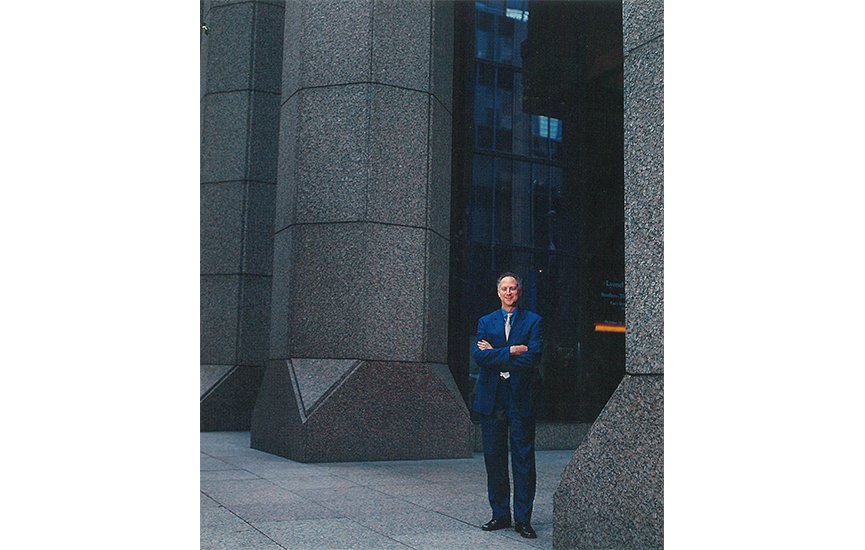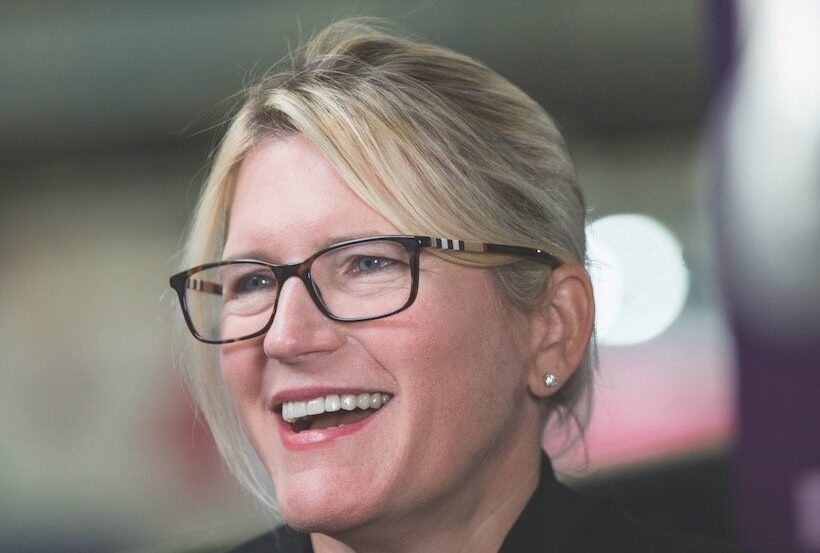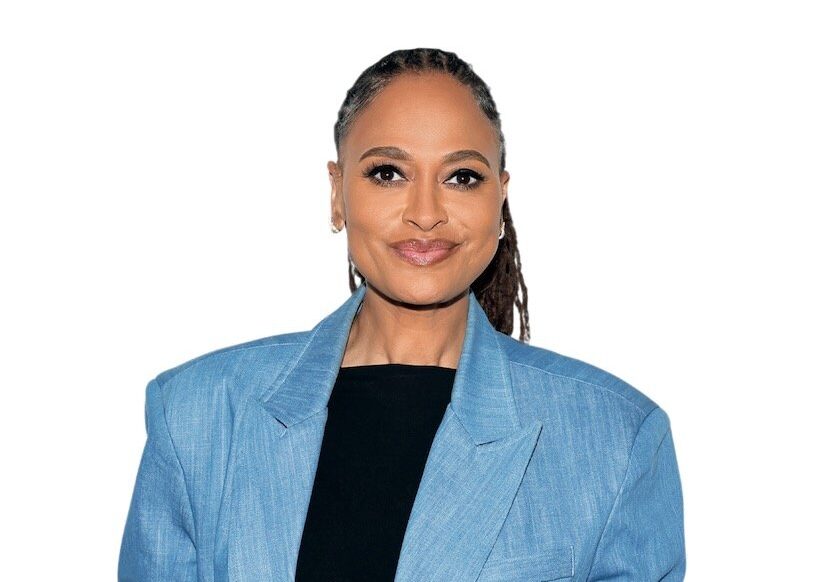In the January/February 2003 issue in the “Self Worth: Giving Well” section of the magazine, Worth spotlighted Deutsche Bank’s Gary Hattem for his efforts in waging a battle against poverty by helping poor entrepreneurs secure small loans. During his tenure from 1990 until his retirement in December 2016, Hattem was responsible for the Deutsche Bank’s corporate social responsibility initiatives in the U.S. and abroad, including the establishment of the Microcredit Development Fund.
Gary Hattem runs an unusual venture capital business. He makes it possible for some of the world’s poorest people—whose only working capital is the determination to better their lives—to obtain a loan to start or expand a business.
Hattem is the president of the Deutsche Bank Microcredit Development Fund, an arm of the bank that raises money as collateral for such loans. Hattem funnels the collateral through microfinance institutions (MFIs), private nonprofits that make small loans to foster entrepreneurship in poor communities.

“When local banks see that Deutsche Bank will guarantee loans, they are more willing to make capital available to the MFIs,” Hatten explains. “Our work is to add credibility to the MFIs’ work and help them establish relationships with their local commercial financial institutions.” Local banks are required to lend at least $2 to MFIs for every $1 in collateral put up by the fund. MFIs then provide the loans, which average $500.
A veteran community development leader, Hattem has one guiding principle: People and communities need investments that will put them on the road to economic independence. That conviction evolved during his 15-year tenure (1975-1990) at the Saint Nicholas Neighborhood Preservation Corp., in Brooklyn, N.Y. The organization contributed to the renovation of 1,000 city-owned housing units, three developments for the elderly and the commercial revitalization of the Williamsburg neighborhood.
People and communities need investments that will put them on the road to economic independence.
Impressed by Hattem’s success, Deutsche Bank, one of the organizations that funded Saint Nicholas, hired him in 1990 to establish a community development group. Its mandate was to invest in distressed New York City areas such as the Bronx, Harlem and Bed-Stuy, Brooklyn, using local nonprofits as the conduit. In 1998, wanting to replicate the development group’s efforts overseas, Hattem launched the Microcredit Development Fund; it now works with organizations in a dozen countries.

The fund’s working capital comes from private individuals—the $50,000 minimum donation is tax deductible—and from the Deutsche Bank Americas Foundation. To date, Hattem has leveraged $2.2 million in private donations and $700,000 from the foundation into $34 million in loans. The fund lends the money at a 1 to 3 percent interest rate but allows the MFIs to invest the collateral at higher rates and keep the earnings. Loans must be repaid within three to eight years; the principal is then redeployed.
The loans Hattem makes possible are miniscule by first-world standard, but the changes they make can be enormous—and tangible. Nine years ago, Chiquinquirá Téllez borrowed $50 from a Colombian MFI in the fund’s portfolio. With the loan, Téllez started the Good Taste tropical fruit snack factory, which now boasts a monthly production of 400,000 snack pieces.—Shahrzad Elghanayan
Reprinted from the January-February 2003 issue of Worth.









